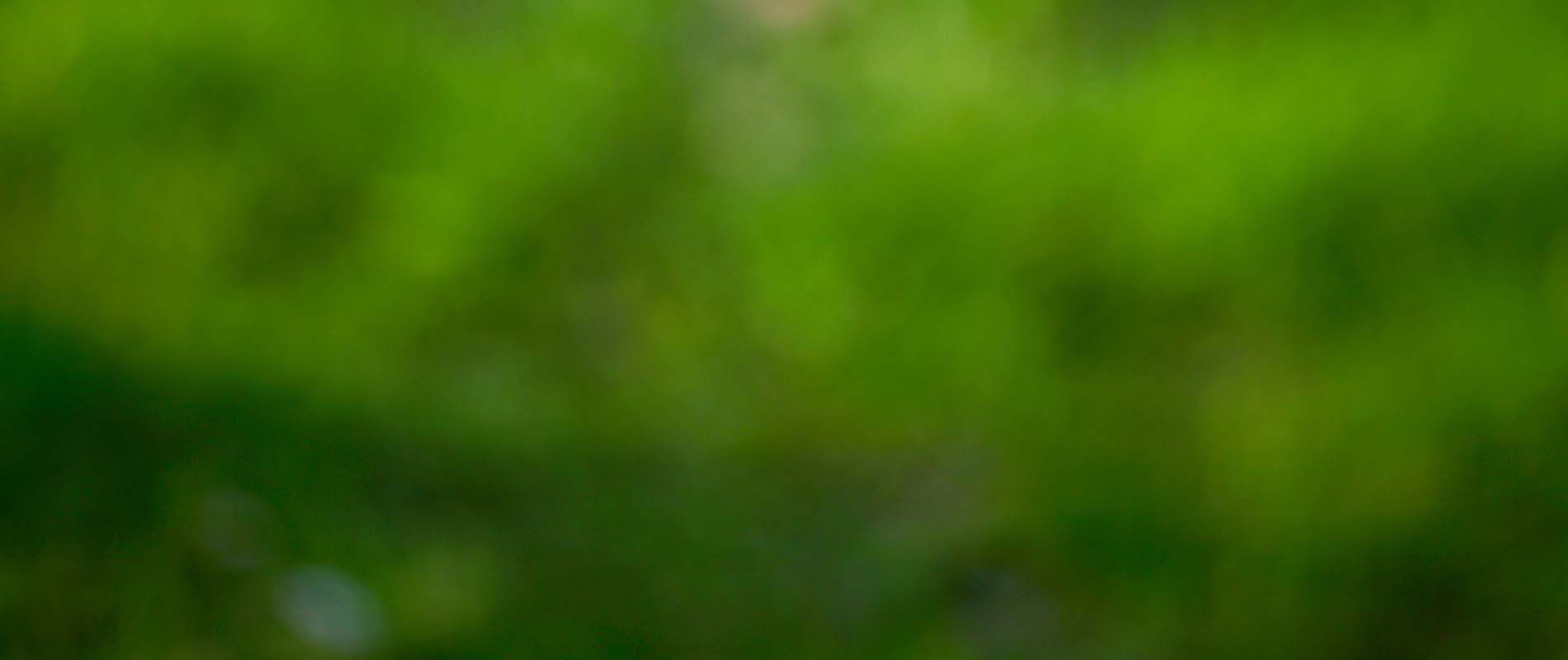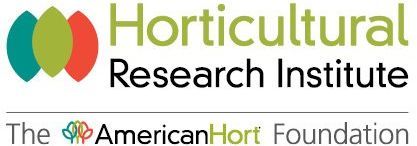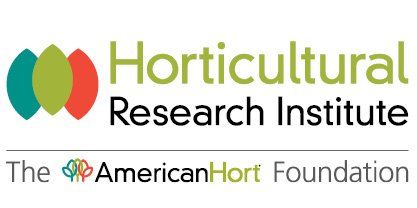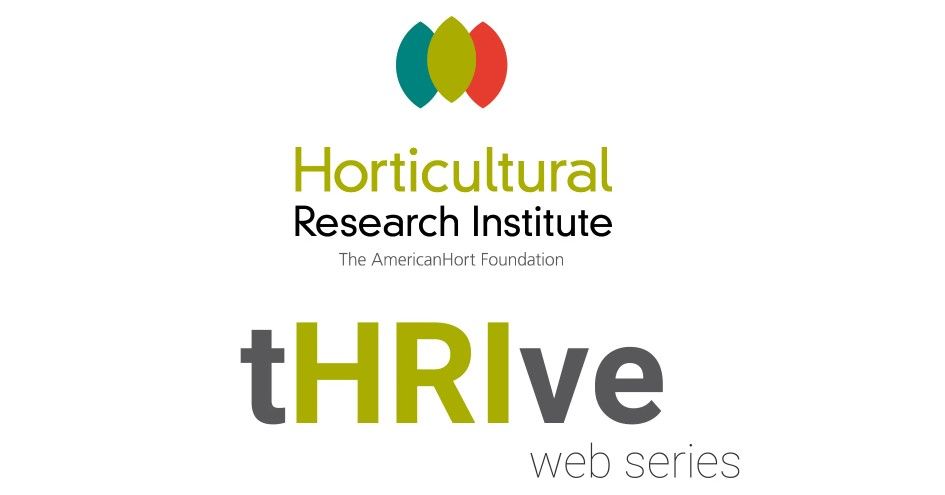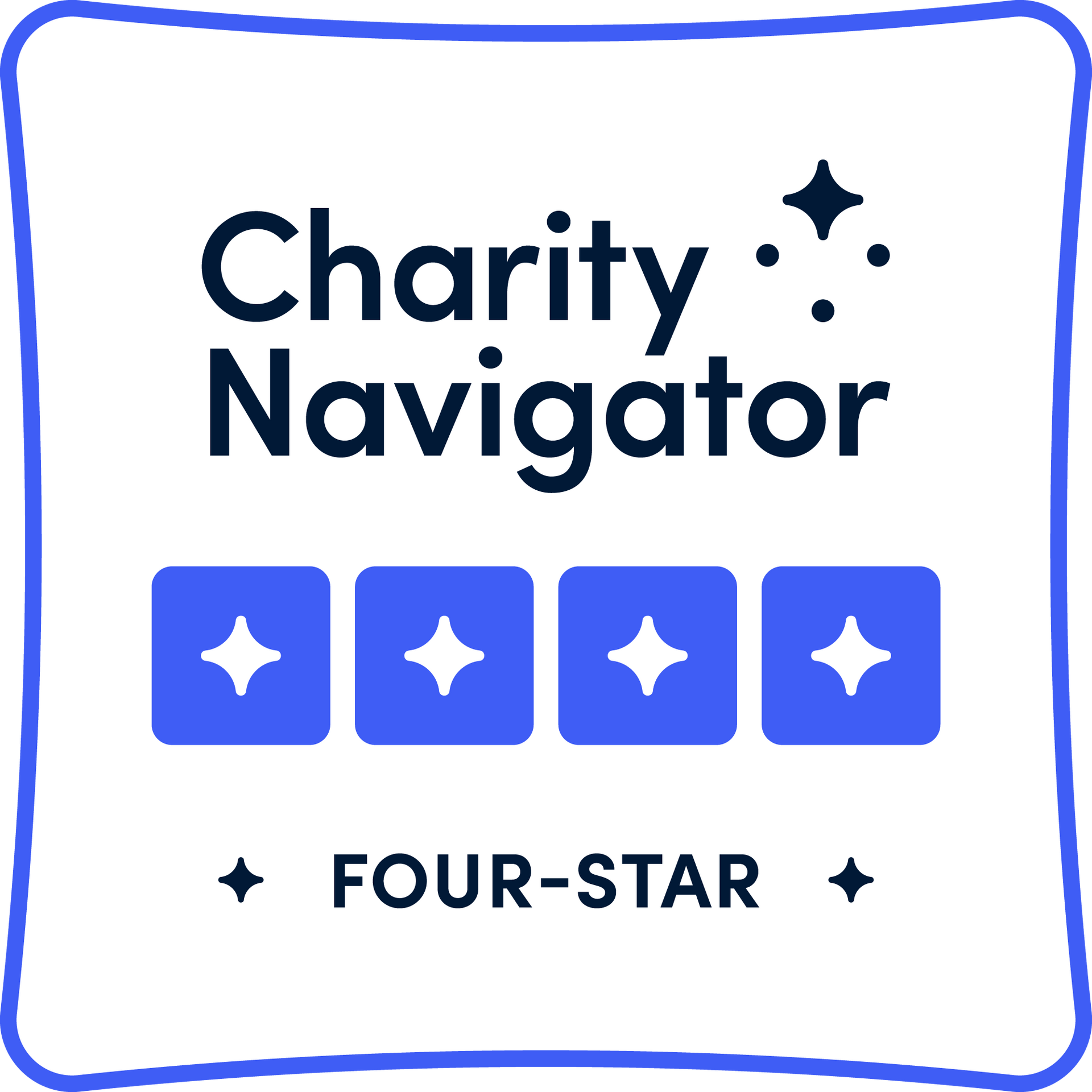Ralstonia Reference Sheet
Ralstonia solancearum race 3 biovar 2 (RSr3b2) is a plant bacterium capable of infecting a number of solanaceous weeds and crop plants (those in the nightshade family) and also geraniums. Geranium cuttings produced in offshore locations have been identified as the primary carrier of this disease to the US. While not currently established in the US, it is a federally quarantined pest and as such is subject to stringent eradication measures upon positive identification. Diseased geraniums planted in the landscape can potentially infect other plants, including tomatoes, potatoes, peppers, and eggplant and thus must be destroyed when they are detected during greenhouse production.
The environmental horticulture industry stands to lose millions of dollars in production and retail environments when RSr3b2 is identified or worse, spread However, there are several practices producers and retail centers can employ to minimize impacts to business, even before a positive RSr3b2 diagnosis. The practices outlined below will help to minimize spread of RSr3b2, as well as other plant diseases.
- Avoid sub-irrigation. Though effective and efficient, sub-irrigation systems enable pathogens, including RSr3b2 to spread via contaminated water. Bacterial cells are shed by plant roots, even when plants do not show symptoms, and enter water systems. RSr3b2 can survive for days or even years in water.
- Start with clean stock plants. Clean stock standards have improved in recent years, especially with regard to RSr3b2. Ensure that your supplier follows those guidelines.
- Use clean media. Many plant pathogens, including RSr3b2, are transmitted in contaminated soil. Soilless mix is free from RSr3b2 when purchased, but any medium that contains field soil must be pasteurized.
- Sanitize hard surfaces thoroughly and often. Disinfest all frames and trays after a production cycle and always use a disinfectant on tools between blocks (during production), either a 10% bleach solution or 70% alcohol. Many pathogens, including RSr3b2, reside within plant debris and in residue (including sap) that lingers on hard surfaces. This can serve as an infection source for healthy host plants.
- Label and separate geranium varieties.
- Practice sanitation practices between houses. Workers should wear gloves or wash hands between handling and use footbaths between houses.
- Educate workers. Worker training to recognize common symptoms and/or signs of plant distress can lead to a faster response time and less crop impact, damage, and loss.
- Do not compost infected plant material (alive or dead). Plants, media, and containers should be bagged and disposed in a landfill.
Symptoms include the following:
- wilting of the youngest leaves,
- yellowing of foliage,
- brown discoloration of stem tissue,
- stem collapse, and
- plant death.
If you suspect you may have RSr3b2-infected plants, contact your county extension agent or state department of agriculture immediately for diagnosis.
Share This Post
